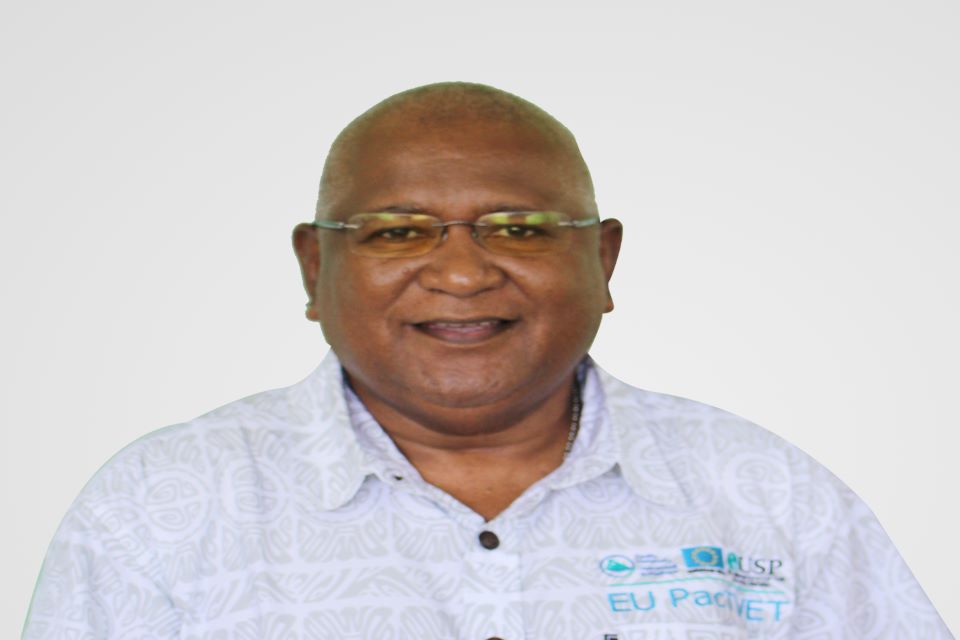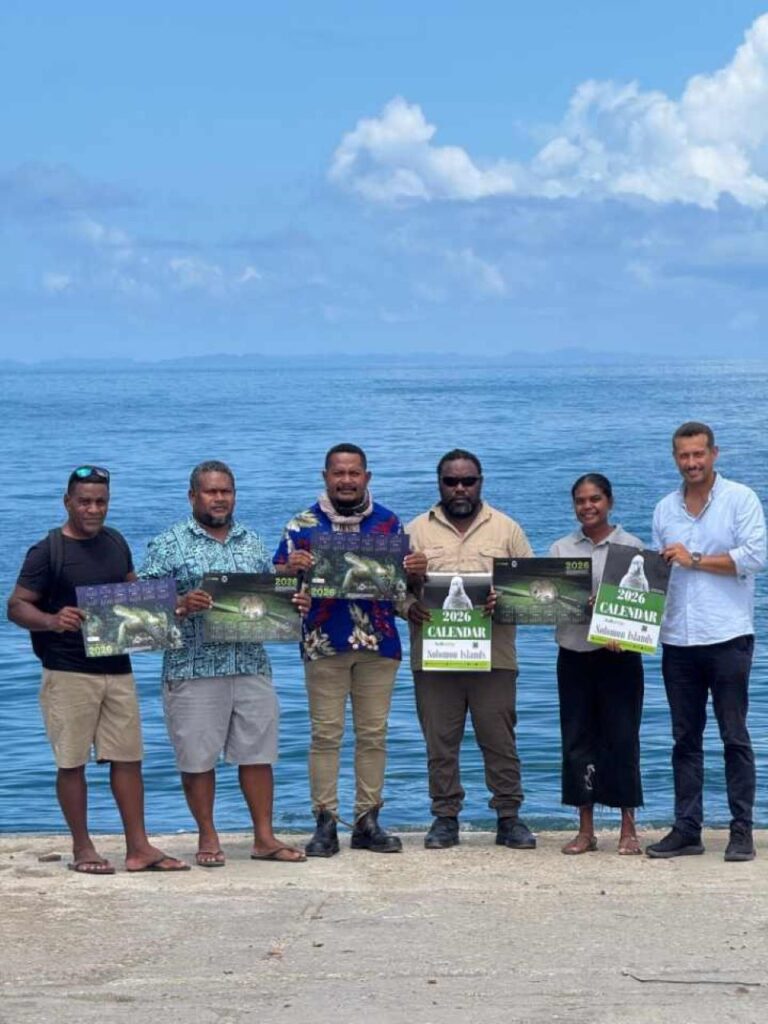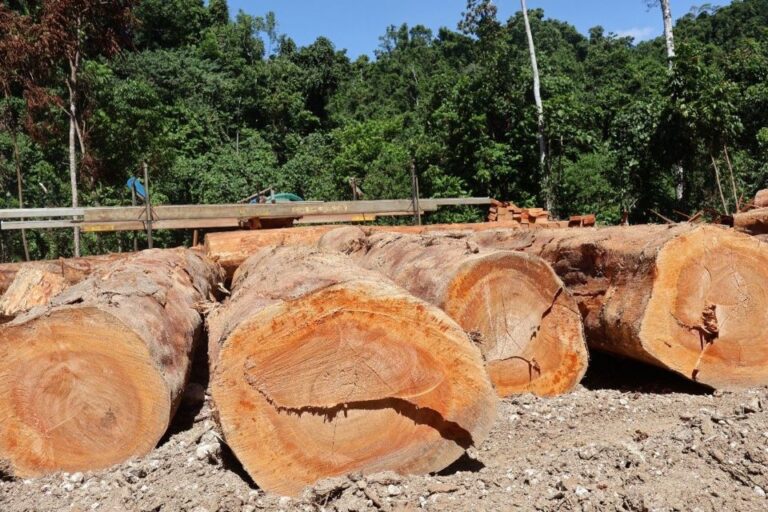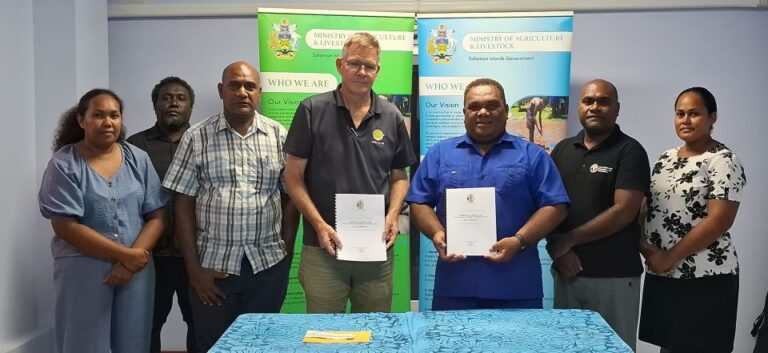BY JOHN HOUANIHAU
IF the Solomon Islands want to mount a good case of loss and damage due to climate change effects at the Climate Change Conference, very good credible data is paramount says Dr. Morgan Wairiu, the Acting Director of the Pacific Centre for Environment and Sustainable Development at the University of the South Pacific.
Speaking at the Climate Justice and Symposium Dialogue held in Honiara from 8 to 12 August, this month, Dr. Morgan Wairiu said since the Solomon Islands have been taking part in Climate change policy diplomatic and discourse for the last 20 years on the impacts of climate change, there have been talking but talking in thin air.
“We have had these negotiations for the last 20 plus years since countries have ratified the UN Framework Convention on Climate Change (UNFCCC) and a series of meetings called a conference of parties (COP).
“But the evidence of these dialogues has been witnessed today as the global average temperature had raised to 1.1 degrees since the time we started to recognize the climate is happening.
“Currently, the CO2 concentration level is 410 parts per million in the atmosphere, from 1992 when we signed the UNFCCC, its level is 285 parts per million,’’ said Wairiu.
He said the small islands’ pacific countries took the issue of loss and damage as one of the important issues for them because it is between survival –life and death.
“Loss and damage are part of adaptation and some communities are in between because they have different opinions because there is a lack of credible data to pinpoint bigger emitters.
“We can’t say that the climate policy and dialogue have died out, it’s continuing but they need good information of data to inform the decision-makers and the people doing the negotiations.
“I’ve been involved in the Intergovernmental panel on climate change work (IPCC) and interacted with some top climate scientists and had some series of debates about how we put together the IPCC reports and it’s quite interesting how things turn out,” Dr. Morgan Wairiu pointed out.
He said the IPCC is the body to inform decision makers where we are currently working and that is important for the Solomon Islands as a country going forward.
“The science at the moment in terms of climate change loss and damage is very thin. Making it difficult to pin down countries to be responsible or liable for loss and damage either pursue through climate justice or diplomacy negotiations.
“Currently there is no way you can pin down countries because the credible data that you need is not available and that’s where we as a country should be working hard to generate more good credible data for what we are doing to inform the discourse of the loss and damage.
“We in the pacific although we did attend an international forum like the conference of parties (COP), we are going empty-handed.
“We are talking out of emotions, we are only going there to tell our stories and nobody wants to listen to stories,’’ he said.
He added that when you talk to scientists in the global community they want hard data, credible data to convince them.
“When you talk about emotions telling your story that’s your story, their story is different from your story. So only credible data can convince people,’’ he told the participants at the Annual climate dialogue.”
He said we need to work hard collecting hard and credible data so that we inform both tracks, the diplomacy, and the climate justice track so that we achieve what we want to achieve.




